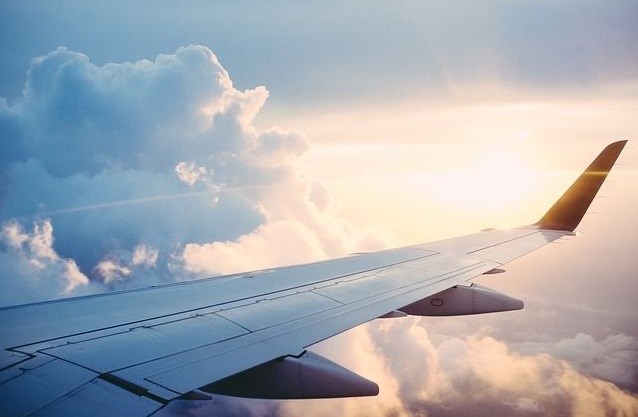






The focus of the summit was on innovation and disruption in the airline industry and the implications for both industry transformation and business operations.
Speaking at the summit, June Crawford CEO of BARSA, reminded the audience that passenger experiences, which are mostly forgettable, need to be transformed into something remarkable.
The essence of disruptive innovation – giving people something before they even know they want it – is not easy in an industry comprised of a complex web of government regulations, security requirements, airport congestion and air traffic control issues that airlines have to manage. Summit delegates agreed that collaboration would make all the difference in transforming the industry.
Without collaboration, the industry will not prosper, said Crawford. "Air travel is crucial to the South African economy as tourism is best placed to provide the additional jobs this country sorely needs."
"Airlines are always striving to stand out from competitors and be creative in meeting the needs of travellers in a rapidly changing and challenging economic environment. That’s why continuous innovation is vital for the airline industry to thrive. To accelerate the pace of innovation, the air transport sector, the travel and tourism industry, and government must work together. Only through collaboration will we be able to fully realise the benefits of innovation."
The summit, which attracted more than 200 delegates, was attended by Minister of Tourism Derek Hanekom, Deputy Minister of Transport Sindisiwe Chikunga, other high-level government officials and private sector representatives, bringing together policy makers, captains of industry, thought leaders, influencers and other role players across aviation and tourism.
In his address Hanekom noted that tourism and the aviation industry are "joined at the hip". "There were 44 international airlines operating in South Africa, up from 21 in 1994, and that 15 million foreign tourists visited South Africa every year."
Hanekom spoke of the urgent need for innovation to enhance the travel experience and reported that the World Travel & Tourism Council (WTTC) has shown its commitment to innovation and collaboration by investing in a major project called the Seamless Traveller Journey which aims to eliminate the need to repeatedly present travel documentation at multiple points multiple points throughout a trip.
Deputy Minister of Transport Sindisiwe Chikunga stressed that for aviation to be resilient, both states and airlines must invest more in training to keep up with new technologies. "The fast-changing job market will render skills irrelevant if training is not aligned with technological advance. The challenge is that aviation training costs a lot. The Department of Transport is funding students but the private sector must assist to meet demand. The world will need 600,000 pilots and 1.3 million aircraft maintenance personnel in the near future."
"Innovation and disruption require a resilient mindset and the foresight to distinguish between signals and noise," said Crawford. "We need to choose the right technology and to harness our collective skills as an industry. Countries that make it easier for travellers to come to them have seen massive tourism growth."
In a panel discussion titled Leading the Innovation Charge participants agreed that customers are the airline industry’s core asset and that collaborating across the value chain would pave the way for a seamless customer experience from doorstep to doorstep.
"Technology is changing how customers interact with brands. We have to adapt to avoid being left behind by non-traditional competitors," noted Crawford.
1. The industry has to create an “innovation hub” to allow for collaboration and ideas exchange to enable all players to deal proactively with the coming changes
2. The industry and government have to join hands to build on progress and ensure regulations keep pace with change
3. The industry has to commit to investing in training to build resilience and stay abreast of the Fourth Industrial Revolution
4. The industry has to implement design thinking, a human-centred, iterative design process that put the consumer (and employee) at the forefront of innovation
"The power has shifted from airlines to customers. We need to adopt a new, more customer-centric approach and foster a more innovative cultural fabric if we want to thrive," said Crawford.